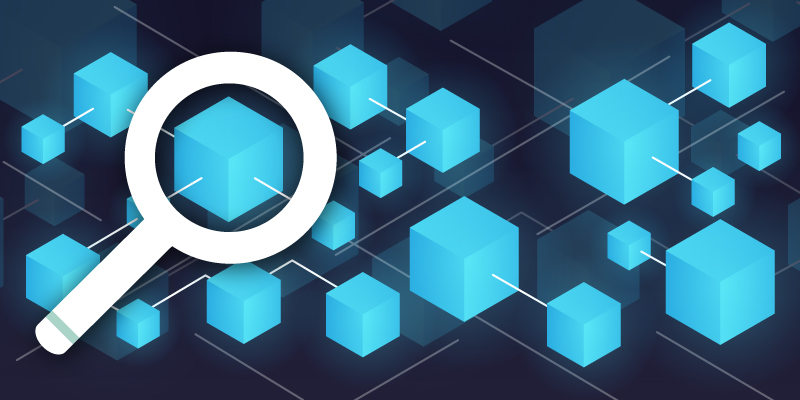
Energy-efficient training of multiple deep learning models on GPU clusters
Deep learning is the current state-of-the-art technology behind many AI applications, but training complex deep learning models on powerful GPU cluster is both time and ...
More

Benchmarking state-of-the-art deep learning software tools
The runtime performance of each software tool depends not only on the hardware platform, but also on the third-party libraries and the network configuration files ....
More

Searchable Blockchain with Integrity Assurance
Blockchain has recently emerged as a promising solution for providing trustworthy storage and computation for decentralized applications. While blockchain technology ....
More